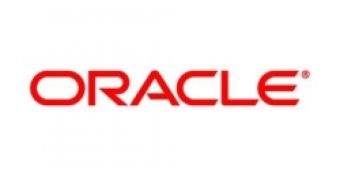Everyone's feeling the economic downturn and, while some have fared better than others, even the big companies are turning to new ways of generating more revenue. Oracle, one of the leading database and enterprise software manufacturers in the world, has increased the price of some of its products by a full 40 percent. While the price for the enterprise version of its database license has stayed the same, some components, experts say, that are crucial have seen their prices jacked since December last year.
Oracle's enterprise-edition database system is priced at $47,500 per CPU, the same as before, however, the database Diagnostic and Tuning packs, part of the Database Enterprise Management modules, as well as the Configuration Management pack are now $5,000 each, up from $3,500. The optional Spacial database has also seen a price increase, from $11,500 to $17,500. While these may not be necessary for the database system, they provide valuable options that many companies have come to rely on.
There is no official explanation for the price increase, but, for those in the business, it is clear that Oracle is looking to get better margins from its high-end products. With every new version, the components have become more intertwined with the main database software, and they provide very valuable tools, especially for the banking and health sectors. The Diagnostic and Tuning packs offer engineers ways of pinpointing problems and optimizing the performance of their databases, while the Configuration Management pack is used to check for auditing and compliance.
Meanwhile, Oracle is busy buying software and hardware maker Sun Microsystems, getting its hands on some pretty valuable technology. Sun has some developed cloud computing services, something that Oracle has been lacking so far, but the biggest win is the MySQL database system, which is seen as a competitor to its own offerings, especially on the low end. Sun shareholders approved the merger yesterday.

 14 DAY TRIAL //
14 DAY TRIAL //